Introduction
Q10 60 is a medicine used in the treatment of nutritional deficiencies. It has good antioxidant properties and a number of other health benefits. Q10 60 should be taken along with food. Take it regularly and at a fixed time each day to get maximum benefit from it. Inform your doctor before taking the medicine if you have any other medical conditions or are taking any other medications. Using of Q10 60 may cause few side effects such as nausea, loss of appetite, diarrhea, and heartburn. Before starting the medicine, inform your doctor if you are suffering from any liver diseases. It is important for patients with history of high blood pressure to monitor their blood pressure regularly while taking this medicine.
Uses of Q10 60
- Nutritional deficiencies
Side effects of Q10 60
- Nausea
- Loss of appetite
- Diarrhea
- Heartburn
How to use Q10 60
Take this medicine in the dose and duration as advised by your doctor. Swallow it as a whole. Do not chew, crush or break it. Q10 60 is to be taken with food.
How Q10 60 works
Q10 60 is a vitamin-like substance that provides essential nutrients.
Indication
A natural catalyst for energy release from food; an antioxidant. • HMG CoA reductase inhibitor mediated decreased level of Coenzyme Q10 in blood • Drug induced Myopathy • Protects body against free radial damage with its antioxidant property • Adjuvant therapy in cardiovascular disease especially in angina and congestive heart failure • Immune system depression • Cognitive decline • Useful in the management of Periodontal Disease • Intensive moisturizer fights visible skin lines and wrinkles • Helps keep skin moisturized
Adult Dose
Oral: 1 cap daily, may be increased up to 3 cap daily if high dose is required. Daily doses of Coenzyme Q10 range from 5 to 300 milligrams. Effectiveness is thought to be obtained with doses of 50 to 200 milligrams daily.
Contraindication
Not known
Mode of Action
Involved in electron transport chain. Antioxidant, membrane stabilizer.
Precaution
Supplemental Coenzyme Q10 may improve beta-cell function and glycemic control in type II diabetics. Therefore, those diabetics who do use supplemental Coenzyme Q10 should determine by appropriate monitoring if they need to make any adjustments in their diabetic medications.
Side Effect
Generally, Coenzyme Q10 is well tolerated and having no significant side effects. Mild gastro-intestinal symptoms such as nausea, diarrhea and epigastric distress have been reported, particularly with higher doses (200 mg or more daily).

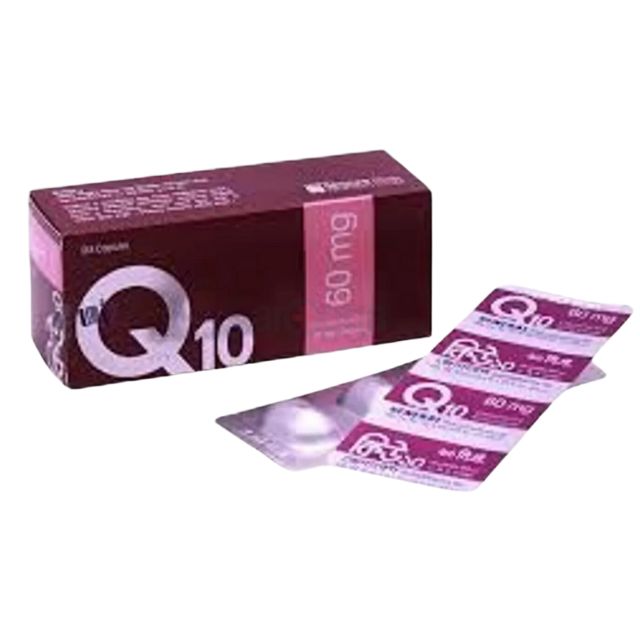
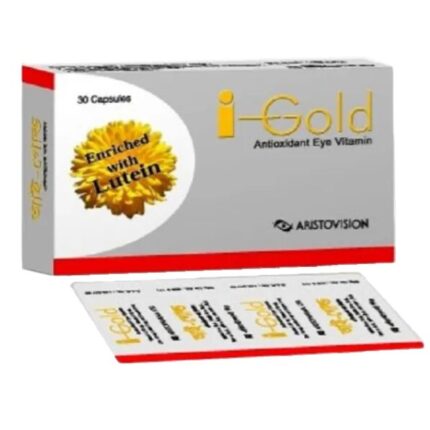

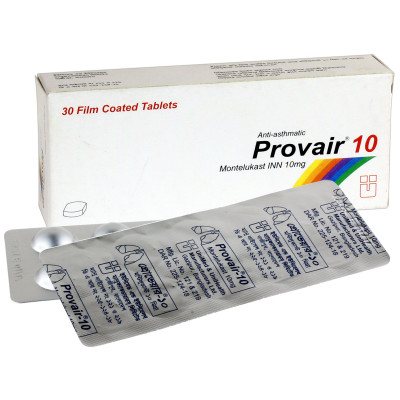
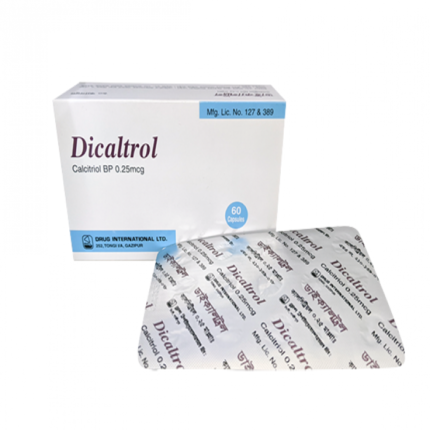
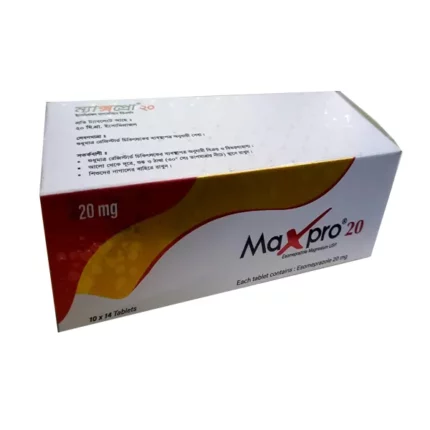
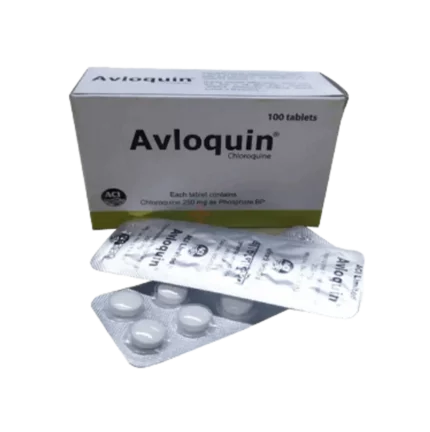
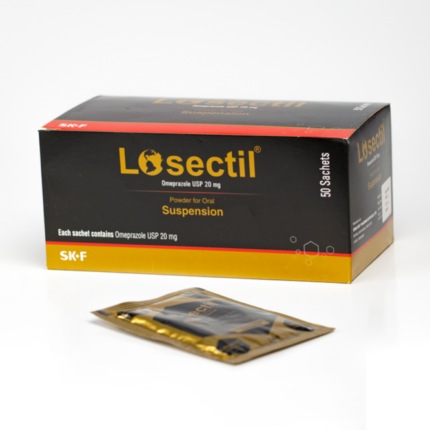
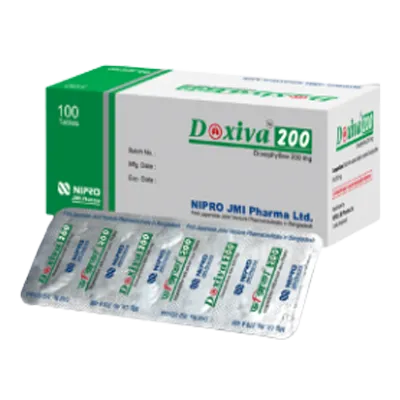
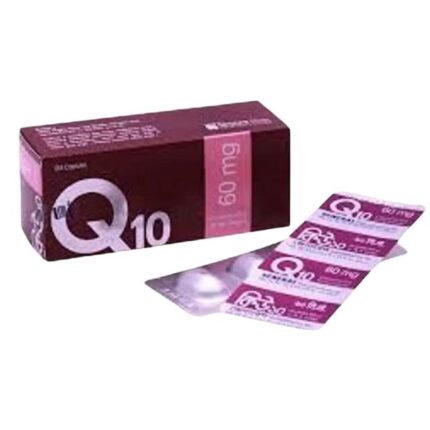
Reviews
There are no reviews yet.